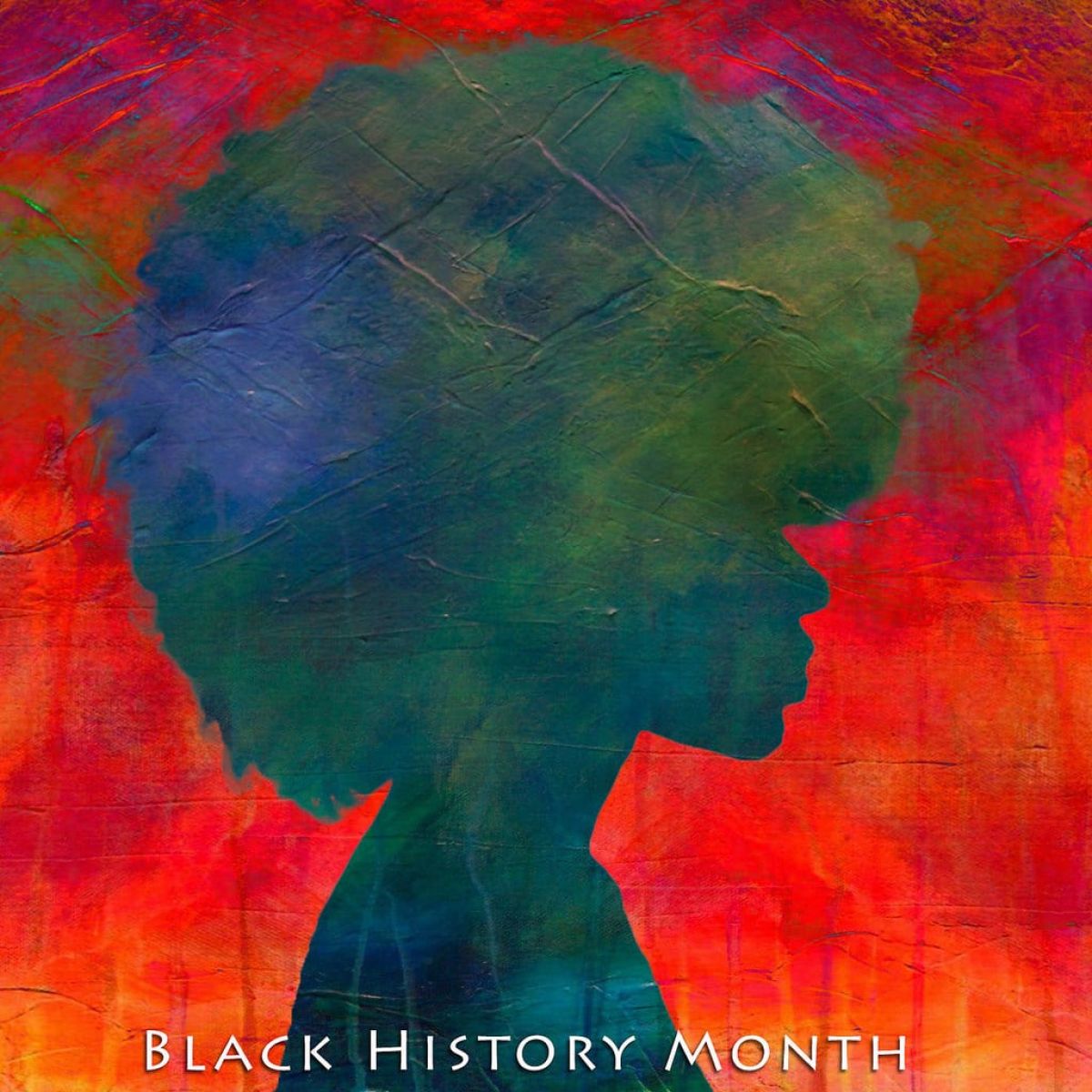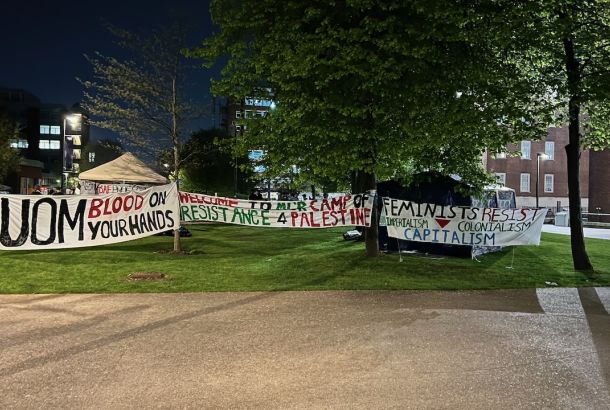Black History Month: Food and Cultural Identity

October is Black History Month, celebrating the diverse BME (Black & Ethnic Minority) communities, cultures, and identities as well as remembering historic and current systemic struggles of the community. As a student of colonial history, I wanted to do my part in raising awareness about the importance of Black History Month, as well as make it relevant to the importance of food in cultural identity. When you think of British identity, you tend to think of cups of tea, complaining about the weather, and fish and chips, so inadvertently, we already associate certain food and drink with the country we live in.
To find out how important food was in maintaining cultural connections and community between BME individuals, I talked to Yetti Tabai of Yetti’s Kitchen in Eccles, and Manchester student Cara Thompson. Yetti comes from a London and Nigerian background, while Cara grew up in Nottingham and has a Jamaican heritage.
When talking about what food means to them in terms of maintaining a connection to their respective backgrounds and the importance of diversity in the UK, both recognised the importance of traditional recipes and foods — such as salt fish, peppered snails, okra, and plantain — as well as the continuing struggle for diversity in Britain’s shops.
Cara said she hasn’t had the opportunity to visit Jamaica yet, so her father’s traditional cooking — which can take hours to prepare because “a Jamaican cook has to pour a lot of love into their food to get those amazing flavours to come through” — is her way of emotionally connecting to her heritage.
Cara also highlighted the appropriation of Jamaican cooking styles: Jamie Oliver’s ‘jerk rice’ — which is unachievable because the jerk cooking process involves dry-rubbing or marinating meat in herbs and spices, and didn’t even include the traditional herbs and spices to be classed as jerk — is offensive to her community, who put so much heart into their food.
Similarly, Yetti recalled her childhood in East Barnet, where the “predominantly middle-class environment” made finding African foods impossible, meaning “integrating was a struggle”. However, Manchester’s diversity was “a sigh of relief” as Yetti could now find okra and plantain among the bananas in Tesco and ASDA.
The struggles that the black community face, from racial bias in employment to overt acts of violence and brutality, are deeply ingrained within British history and society. But if there is one thing I have learned from writing this article, it is that food is the perfect gateway for beginning discussions on diversity within British communities, institutions, and for bringing together people of all backgrounds.
Britain would be stagnant without the vibrant global economy of food cultures, so we should all do our very best to celebrate, experience, and most importantly, protect them.







